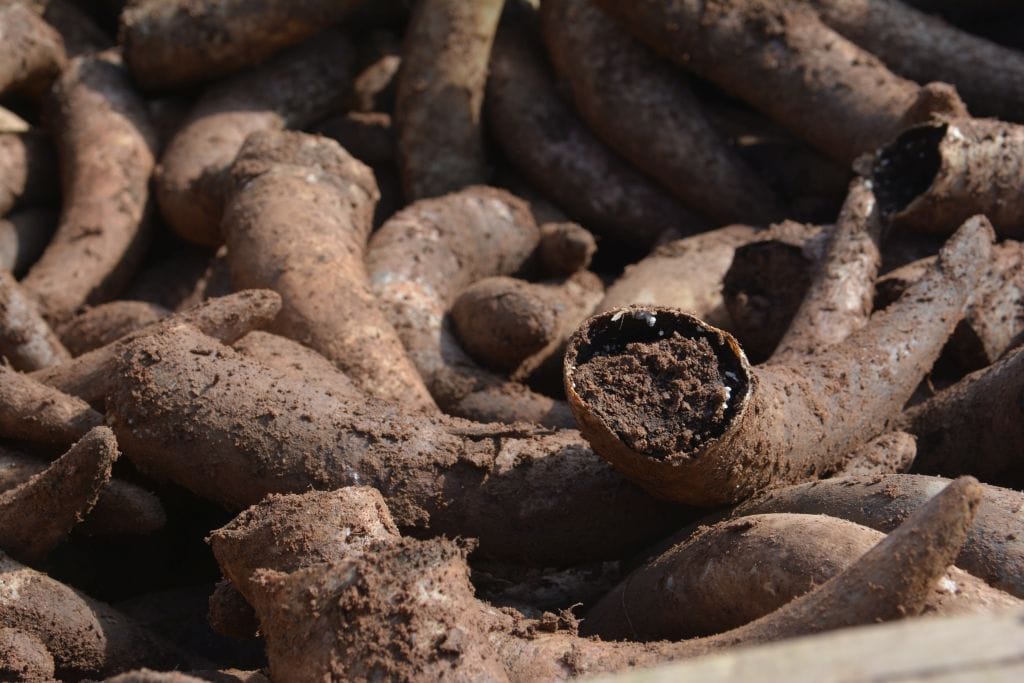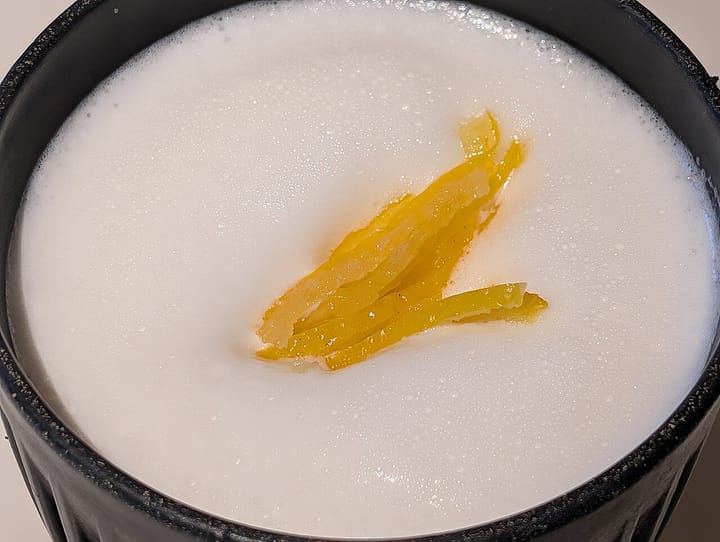Biodynamic Wine Explained
Biodynamic wine is crafted through a holistic approach that surpasses organic farming, viewing the vineyard as a self-sustaining ecosystem connected to natural cycles. This article explores the unique process behind biodynamic wine production.

Biodynamic wine represents a holistic approach to viticulture that goes beyond traditional organic practices, deeply rooted in the philosophies of Rudolf Steiner, an Austrian philosopher of the early 20th century.
This method views the vineyard as a self-sustaining ecosystem, emphasizing the interconnectedness of the vines, soil, humans, celestial bodies, and all aspects of the farm environment.
Steiner's principles promote a deeply ecological and ethical approach, aiming to create a balanced ecosystem where each component supports the health of the whole.
This article seeks to clarify any questions you may have about the unique and thoughtful process of producing biodynamic wine.
Understanding Biodynamic Wine
Biodynamic wine is crafted using a holistic approach that extends beyond organic farming by embracing specific biodynamic methods.
This perspective treats the vineyard as a self-sustaining ecosystem, regarded as a living organism connected to broader natural cycles.
Distinguished by its depth and complexity, biodynamic winemaking integrates organic practices such as eschewing synthetic pesticides, herbicides, and fertilizers, but also incorporates spiritual and cosmic considerations into its agricultural techniques.
The aim of biodynamic viticulture is to foster a harmonious, sustainable environment that yields robust, high-quality grapes.
This results in distinctive wines that exemplify the unique terroir, offering a deeper connection to the natural world from which they originate.
Distinguishing Between Organic and Biodynamic Wines
Organic and biodynamic wines both emphasize natural practices, but biodynamic wines take it a step further.
While every biodynamic vineyard adheres to organic standards by avoiding synthetic chemicals and GMOs, biodynamic farming also incorporates specific practices that are more holistic and spiritually inclined.
Notable wineries like Romanée-Conti, Château Palmer, and Louis Roederer are among those adopting these methods.
Biodynamic wines are distinguishable by certifications like the trefoil of Demeter or Biodyvin's label. As of 2017, approximately 4.5% of global wine vineyards were certified organic or biodynamic.
Biodynamic Wine Principles
When it comes to winemaking, biodynamic principles ensure that the entire process, from the vineyard to the bottle, is aligned with these natural and cosmic forces. The specifics include:
- No Synthetic Chemicals: Like organic viticulture, no synthetic pesticides or fertilizers are used. Instead, vineyard health is maintained through biodynamic preparations and practices.
- Natural Winemaking Processes: In the cellar, biodynamic winemaking often minimizes the use of external inputs such as commercial yeasts and additives. The goal is to create a wine that is a true expression of its terroir.
- Minimal Intervention: The idea is to intervene as little as possible, both in the vineyard and in the cellar, to allow the natural processes to occur without hindrance.
How Is Biodynamic Wine Crafted?
Biodynamic wine production is rooted in a holistic approach where vineyards are managed as complete ecosystems. Here’s how these wines are crafted:
- Biodynamic Preparations: Vineyards use nine specific preparations made from herbs, minerals, and manure. These are stirred dynamically in water and applied to the soil, compost heaps, or directly on plants to enhance growth and soil health, and to naturally repel pests and diseases.
- Lunar and Cosmic Rhythms: All farming activities, from sowing to harvesting, are timed according to a biodynamic calendar that aligns with lunar phases and planetary positions, believed to influence the vitality of the plants.
- Composting and Soil Fertility: Similar to organic farming, biodynamic vineyards focus on enriching the soil with compost made on-site from farm residues and animal manures. This process is vital for building nutrient-rich, vibrant soils that mirror natural forest floors.
- Holistic Farm Management: The entire farm is considered an interconnected system that includes not just the crops but also the native flora and fauna, farm animals, and even the farmers themselves.
- Use of Animal Byproducts: Some unique practices involve burying biodynamic preparations in animal organs such as cow horns or intestines to potentiate the preparations before they are used, a method that aims to harness and transmit 'formative forces' to the vines and grapes.

This comprehensive method fosters a self-sustaining environment aimed at producing superior quality grapes and, consequently, higher quality wine.
The Biodynamic Calendar
The biodynamic calendar categorizes days into four types, each associated with specific vineyard activities based on astrological signs:
- Fruit Days: Best for grape harvesting, these days coincide with the moon and stars being in fire signs such as Aries, Leo, and Sagittarius. It is believed that the fiery energy enhances fruit development and improves grape quality.
- Root Days: These are optimal for pruning grapevines and occur when astrological alignments are in earth signs like Capricorn, Taurus, and Virgo. The practice is thought to foster robust root systems, contributing to the vine's overall strength and vitality.
- Leaf Days: Ideal for watering, these days align with water signs including Cancer, Scorpio, and Pisces. Watering on leaf days is said to boost the plants' uptake of moisture and nutrients, encouraging healthy leaf growth.
- Flower Days: Reserved for letting the vineyard rest, these occur when the moon and stars are in air signs such as Gemini, Libra, and Aquarius. During flower days, it's advisable to avoid significant vineyard activities to allow the vines to rejuvenate naturally.
How to Identify a Biodynamic Wine?
Wines that adhere to biodynamic methods can be certified by various organizations, the most notable being Demeter International, the primary certification body for biodynamic agriculture.
Another certifying agency is Biodyvin. These certifications ensure that strict biodynamic practices are followed and help consumers identify genuine biodynamic wines.
Is Biodynamic Wine Superior in Taste?
Biodynamic wines may taste notably different from conventional wines due to unique biodynamic farming and winemaking practices.
These taste differences are influenced by factors such as vineyard location, terroir, grape varieties, and winemaking techniques.
Proponents of biodynamic wines often claim that these wines better express the unique characteristics of their environment, showcasing a more distinct terroir.
They are also described as having greater harmony, balance, and a lively energy.
However, taste perception is highly subjective, and not everyone may detect a clear difference between biodynamic and conventional wines.
Furthermore, the wine community is still discussing the extent to which biodynamic practices influence wine flavor, with some studies suggesting these effects might be minimal or inconsistent.
The Challenges
The process of making biodynamic wine requires a considerable commitment; without the use of chemical weed killers or disease treatments, winemakers must invest significant time managing their vineyards directly.
This includes plowing, pruning, and applying natural preparations meticulously, all while closely monitoring each vine to preemptively address potential issues.
Biodynamic practices may lead to reduced yields, especially in challenging years with heightened pest or disease activity.
However, this approach is deeply aligned with ecological preservation and climate protection.
As both a farmer and a consumer, one has the power to choose which type of agriculture to support.
By choosing biodynamic methods, the aim is to create vibrant, healthy wines that provide pleasure and contribute positively to the environment.


